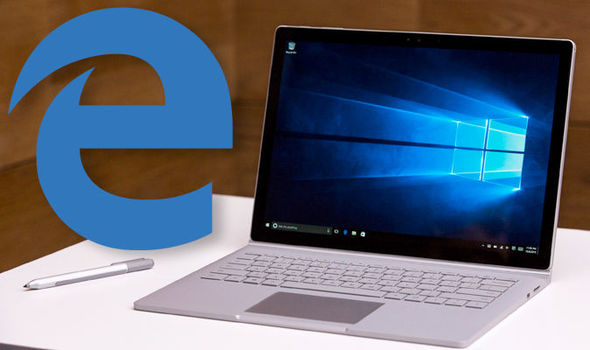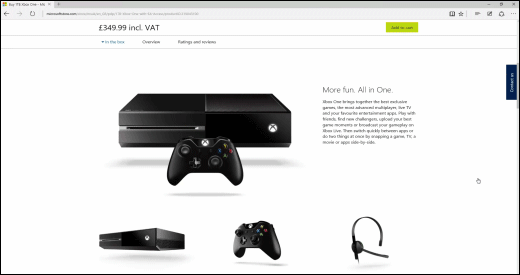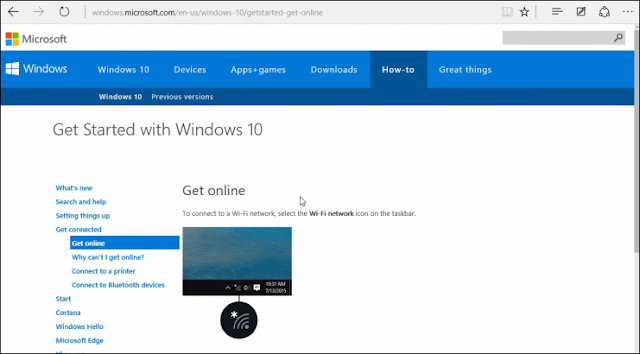MICROSOFT'S minimalist new browser might have some serious trouble keeping secrets, according to a new report.
Microsoft Edge is not the most popular web browser.
But the Internet Explorer replacement might have a problem keeping your private browsing sessions private.
According to researcher Ashish Singh, websites visited in the browser's InPrivate mode can still be recovered from the computer's hard-drive.
Examining the WebCache file stored on the users' computer reveals every website they have visited – even those checked while in the privacy-focused InPrivate mode.
Any visited sites are stored in a "Container_n" table – even those you'd rather were kept secret, the Forensic Focus researcher has revealed.
"The functioning and backend of Project Spartan aka Edge Browser is no different from the Internet Explorer latest version," Mr Singh has claimed.
"The forensic examination of most web browsers has proven that they don’t have a provision for storing the details of privately browsed web sessions.
"Private browsing is provided for a purpose, i.e. privately browsing the web, which is being delivered. However, in the case of Microsoft Edge even the private browsing isn’t as private as it seems.
"Any skilled investigator can easily spot the difference and get concrete evidence against a person’s wrongdoings.
"Plenty of artefacts are maintained by the browser, which makes examination quite easy. However, there are stages where evidence is not so easy to find.
"The not-so-private browsing featured by Edge makes its very purpose seem to fail."
Microsoft Edge is not the first browser to run into some trouble with private browsing modes.
"Private browsing has always left easily retrievable artefacts on disk and in memory," digital forensics specialist Lesley Carhart told The Verge.
"It’s always been a privacy feature, not a security feature."
This mirrors the comments made by DuckDuckGo CEO Gabe Weinberg last year.
According to the technology CEO, the private browsing mode in your web browser isn't very private at all.
In fact opening a private or incognito browser in your app of choice – either Google Chrome, Mozilla Firefox, Apple Safari or Microsoft Edge and Internet Explorer – only ensures your computer does not remember your online activity.
Within private mode, the web browser will make sure your web searches and online history are not visible the next time you log in.
But that doesn't mean your activity is private. Your internet service provider – or ISP – is able to monitor every webpages and search made from your house.
This is something Google is very up-front about in its own Chrome browser.
“Going incognito doesn’t hide your browsing from your employer, your internet service provider or the websites that you visit.” the hugely popular web browser warns users.
Google is also able to track your activity and searches within its browser's Incognito Mode, especially if you sign-in to one of their apps while in a private mode.
If you haven’t disabled or paused your account's Google Web History – you are able to log-in and track your activity there, too.
Some websites are able to track your movements across the web – even when you are browsing in private mode – thanks to a technology dubbed Super Cookies.
Like regular internet cookies, the lightweight software sits on a website and fingerprints users who visit the page. Then, when the user returns at a later date – the website is able to see the entirety of the users' activity between the two visits.
The difference with so-called Super Cookies is that these have the ability to continue tracking users in private browsing mode, too.
Without precautions, advertisers and website owners are also able to keep tabs on your online activity – even in private mode.





Post a Comment Blogger Facebook Disqus